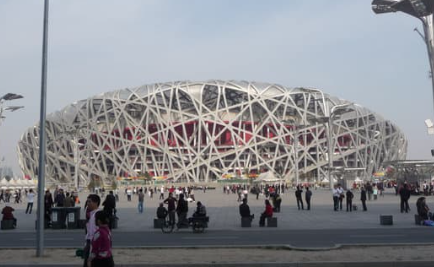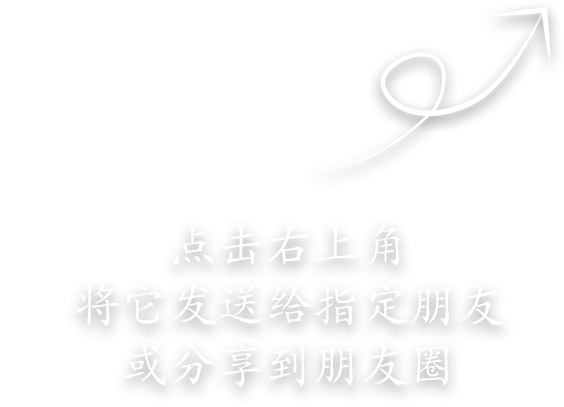How the Beijing Tianzhu Free Trade Zone is Leading the Charge in Rare Disease Drug Supply
Beijing's economic landscape is rapidly evolving, marked by significant developments in sectors like pharmaceuticals, high-tech industries, and commercial aerospace. These industries are driving forward the capital's broader economic objectives, positioning it as a hub for innovation and global competition. Three major initiatives stand out as critical to the city's economic trajectory in 2025.
1. Pharmaceutical Industry: Leading the Way in Cross-Border Trade
The Tianzhu Comprehensive Bonded Zone, located near Beijing Capital International Airport, continues to be a major player in China's cross-border pharmaceutical trade. In 2024, the total import and export value of pharmaceuticals reached 106.9 billion yuan, a growth of 6.39% year-over-year. This impressive performance has solidified the zone's status as a leader in the city's “aerospace economy” — a sector characterized by rapid growth in logistics, pharmaceuticals, and high-tech industries.
Among the key developments, the Tianzhu zone has focused on the construction of a rare disease drug supply chain. The establishment of a dedicated zone for rare disease drugs has led to a 95% increase in imports of rare disease treatments, which now number 37 varieties. The import value of these treatments surged by 37.69%, reaching 21.75 billion yuan.
The success of the rare disease drug program has been driven by a combination of policy support and regulatory innovation, allowing for expedited customs clearance and faster distribution of critical medications. Major global pharmaceutical companies, including Merck, Johnson & Johnson, Pfizer, and Novartis, have established operations in the zone. This trend is expected to continue into 2025, as the government looks to expand drug access and foster collaboration across the entire pharmaceutical industry.

2. Beijing's ‘Future Science City’: A New Era for Innovation and Service
Beijing's 'Future Science City' is gearing up for an ambitious 2025. The area has launched an online service platform designed to streamline support for businesses in the Zhongguancun and Beijing International Innovation Zones(the “Two Zones” or "两区"). This platform offers over 100 services, ranging from human resources and intellectual property support to access to technology finance and governmental policies.
The platform is a one-stop service for both businesses and talent, providing tools for enterprises to explore policy benefits, participate in training sessions, and engage in a variety of professional events such as conferences and forums. Additionally, the platform facilitates direct interaction between enterprises and service providers, such as human resources consultants and scientific research labs, helping businesses navigate the regulatory environment with ease.
This move is in line with Beijing's broader goals to strengthen its innovation ecosystem and enhance industrial development, offering comprehensive support to emerging industries in technology, healthcare, and aerospace.
3. Satellite Internet Industry: A Leap Forward in Commercial Space Technology
The development of commercial space technology has gained substantial momentum in Beijing, with the official unveiling of the Satellite Internet Industry Park in the Beijing Economic and Technological Development Zone (ETDZ) on February 12, 2025. This initiative marks a critical step in Beijing's ambition to lead global commercial space markets.
The newly launched park will concentrate on satellite internet and will house various research and manufacturing projects related to satellite communications and internet-of-things (IoT) technologies. Major players in the industry are already setting up operations in the park, supported by the government's strong focus on creating a competitive environment for the aerospace industry. One of the prominent companies in this space, Blue Arrow Aerospace, has made significant strides in developing reusable rockets and satellite technology, contributing to the growth of China's commercial space capabilities.
In addition to the industrial park, the city has established several key laboratories focused on areas such as reusable launch vehiclesand high-efficiency space propulsion. This is part of Beijing’s broader strategy to foster technological innovation and create a global leader in commercial aerospace. With a burgeoning sector that already boasts over 160 aerospace firms, Beijing's commercial aerospace industry is set to reach a market size of over 350 billion yuan in 2024, with the potential for exponential growth in the coming years.






















































First, please LoginComment After ~